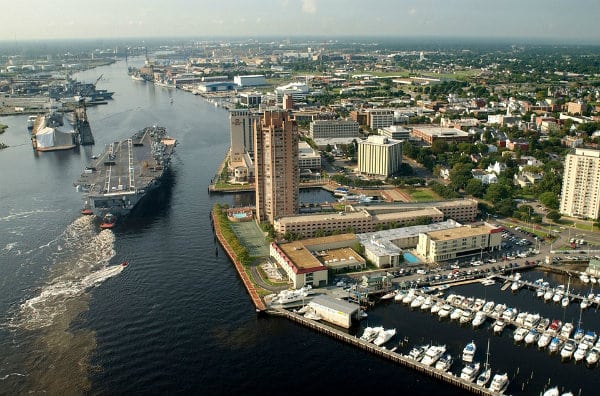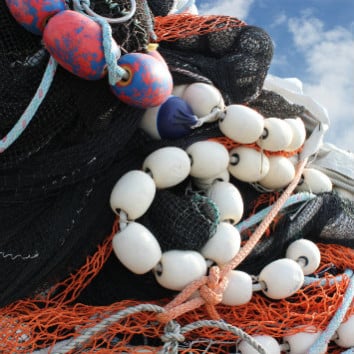If you’ve been injured while working as a seaman, longshoreman, or harbor worker in Virginia, you may have several concerns:
You can learn more about your options in a free consultation. Contact us now to get in touch with a maritime injury attorney who can answer your questions and explain the process. If you chose to move forward with a legal claim, you will not owe any legal fees unless you win your case.
Facilities under the control of the Port of Virginia have a major economic impact throughout the state. There are a total of 374,000 jobs that are either directly, indirectly or induced by port operations. This makes up over 9 percent of Virginia’s resident workforce.
There are several different types of maritime workers who keep these ports running, and in turn, keep the American economy running while supporting themselves and their families. Unfortunately, work-related injuries are a very real risk in this industry. When a maritime or offshore injury happens on the job, these workers may recover financial compensation under the Jones Act in a maritime accident lawsuit.
Filing a successful claim for compensation, whether through the Jones Act or other pieces of legislation specific to injured maritime workers, is quite complex. Moreover, without legal knowledge, victims and their loved ones are unlikely to be able to fight for the full compensation they deserve.
By seeking the help of an experienced offshore injury attorney, victims can rest easy knowing they have a knowledgeable and skilled legal professional fighting for justice on their behalf.


Virginia has a total of ten ports spread throughout the state. Some of the most prominent ones include:
The Port of Newport News is the main break-bulk and roll-on/roll-off facility under the control of the Virginia Port Authority. It’s located on the north bank of the James River, occupying roughly 165 acres of land. The port facility has 60 acres of outside storage space, along with 968 thousand square feet of covered storage space.
Norfolk International Terminals (NIT) is the largest terminal under the control of the Virginia Port Authority. This terminal is located in the Hampton Road Harbors alongside the Elizabeth and Lafayette Rivers, and occupies 567 acres of land. This facility has 14 of the largest, most efficient cranes in the world. This port is a popular trading center for goods being transported between the Mid-Atlantic and Midwestern regions of the United States, as well as international trade routes.
Portsmouth Marine Terminal handles containers, break-bulk, and roll-on/roll-off cargo. It occupies 287 acres of land on the west bank of the Elizabeth River. This is the second-largest cargo terminal in the state of Virginia.
If you work on or around one of these ports in a maritime occupation, you have certain protections in case of an injury. Maritime workers are generally covered by one of two federal laws, depending on the nature of their work duties.
If you spend a significant portion of your work time (over 30%) working on a ship or in the service of a ship on navigable waters, you’re likely covered under the Jones Act. This act allows you to recover no-fault compensation for living expenses and medical bills until you’ve reached maximum recovery from your injuries. Additionally, workers covered under the Jones Act may sue their employers if workplace negligence played a role in an injury.
Workers who spend less than 30% of their time in the service of a vessel may not qualify for the Jones Act. Instead, they have the option to file a claim under the Longshore and Harbor Workers’ Compensation Act (LHWCA). Workers covered under this act include longshore, dock, and harbor workers, among others. These benefits provide financial compensation for lost wages, medical expenses, vocational rehabilitation services, and death benefits for families after a fatal maritime accident.
While all maritime and offshore workers in Virginia are entitled to financial compensation after an injury, receiving that compensation is not always easy. In a Jones Act claim, you’ll need to prove negligence and will face resistance from your employer, their powerful insurance company, and their lawyers. In order to give yourself a fair chance to win in court, it’s usually necessary to have your own lawyer who specializes in maritime law.
Even though LHWCA claims may not consider negligence, the process of filing for benefits is still complex. These claims are made at the federal, rather than state level, and involve the complicated legal statutes of maritime law. A skilled maritime lawyer can help you meet the requirements of the system and negotiate with insurance companies on your behalf so you can recover the benefits you need in a timely manner.
See Related: Financial Compensation Available For Injured Maryland Offshore Workers

 info@legalherald.com
info@legalherald.com